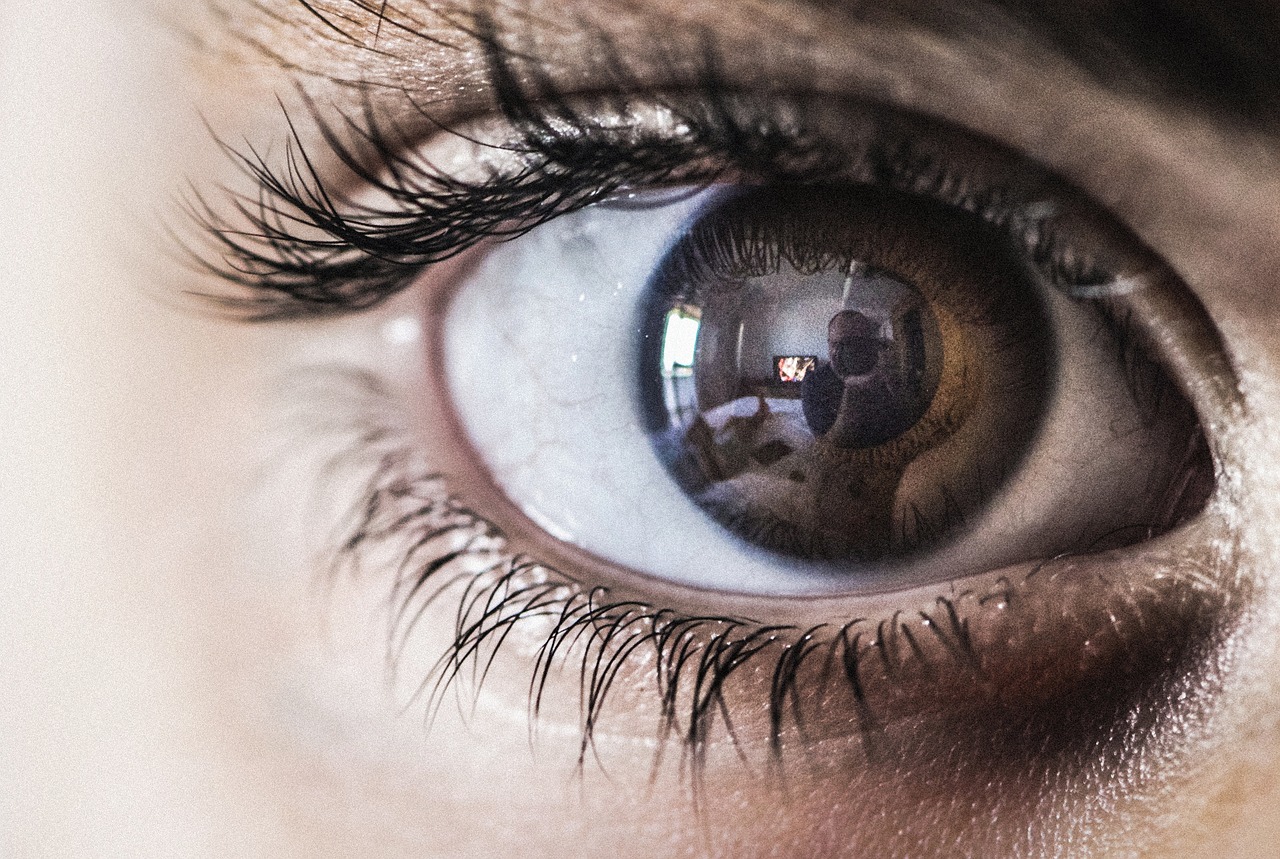
Eye Contact Colors: The Science Behind Why We Assume Different Things From Each
Did you know that the color of your eye contact can say a lot about you? It’s true! In this

Did you know that the color of your eye contact can say a lot about you? It’s true! In this

Do you know what your eye color says about you? Believe it or not, there is a lot of meaning

Color contact lenses for eyes are a type of corrective eyewear that can be used to change the color of

Many people have turned to CBD tinctures as a natural remedy for pain relief. CBD, or cannabidiol, is a natural

Anime contact lenses are becoming more and more popular as anime becomes more mainstream. If you’re interested in getting a

If you want to try something new, contacts for eyes colors can completely change your look, becoming increasingly popular. In

Are you tired of the same old look of your brown eyes? Color contacts offer a fun and easy way

Looking for a new way to change your look?, consider a color contact lens non prescription. There are many different

Having a solid eating regimen can help lessen bloating in the lower mid-region. Eating a lot of natural products, vegetables,

When it comes to maintaining good health, we all know that exercise and a balanced diet are critical components. However,
Copyright © 2025 | Powered by Beboh.net
Copyright © 2025 | Powered by Beboh.net